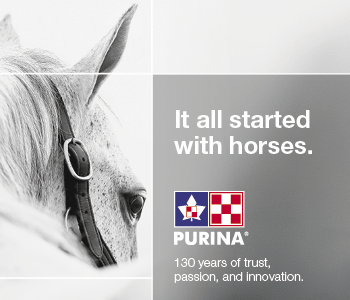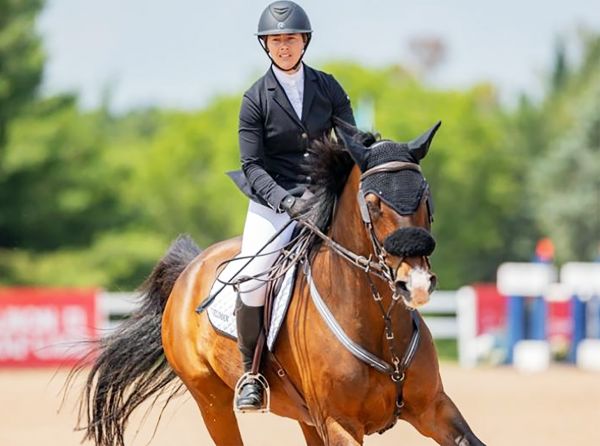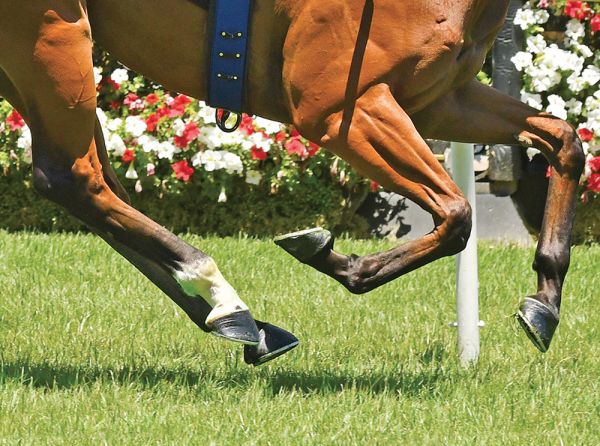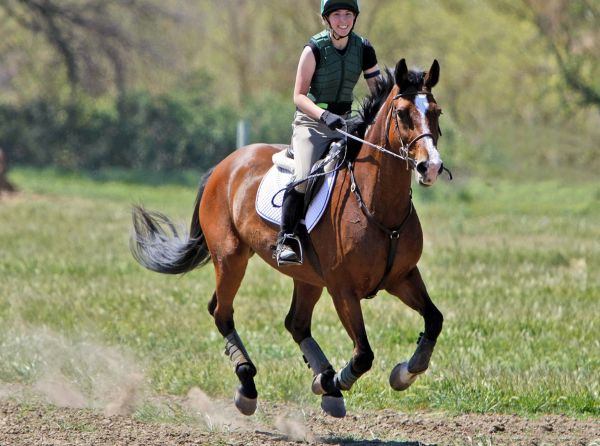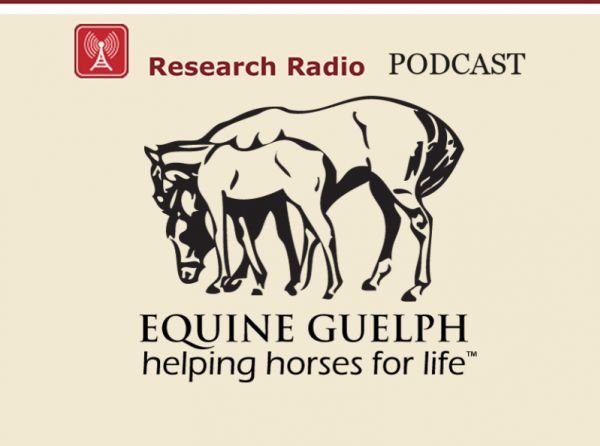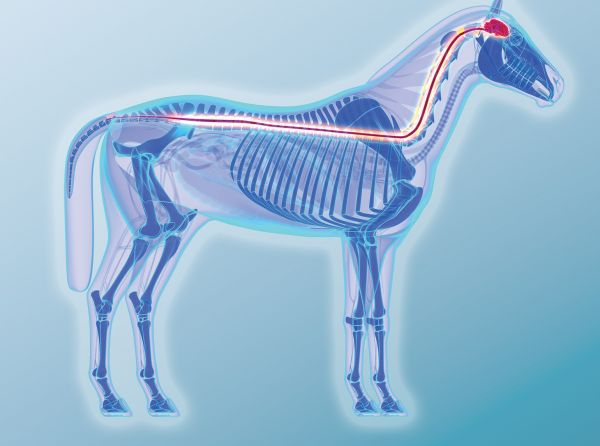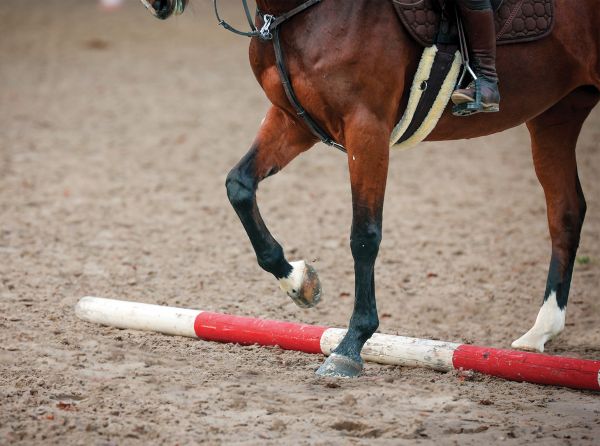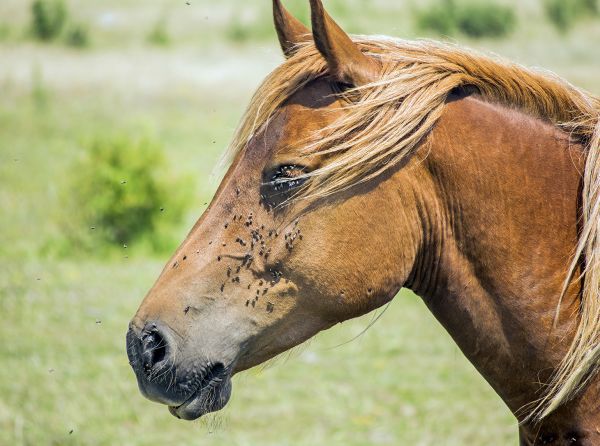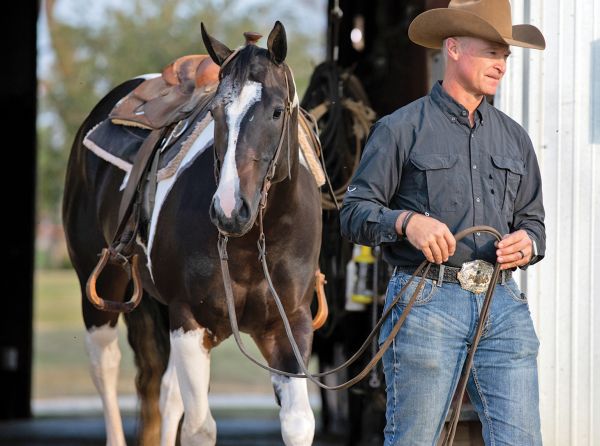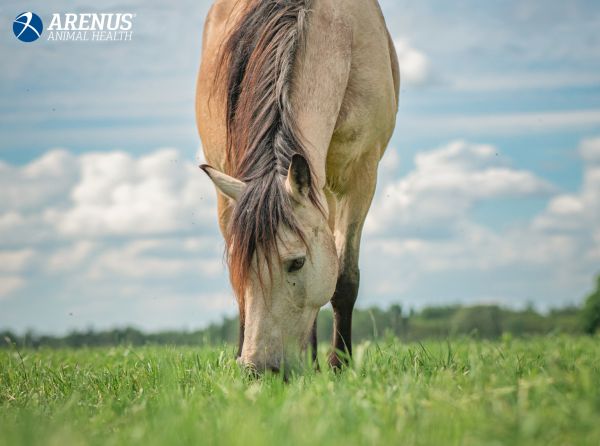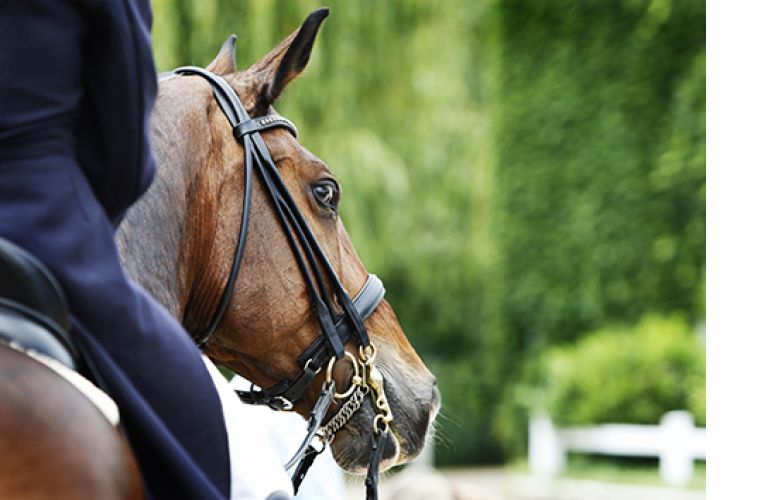Bring Out the Best in Yourself and Your Students
By Laura King, CHt., NLP & Life Coach
If you enjoy a leadership role in the horse industry, such as riding instructor, stable manager, or mentor, your role places you in a unique leadership position to demonstrate emotional intelligence and maintenance of a balanced life. You and those around you may face difficulty accepting a lack of control over your lives right now, but you have the power to become a role model. You can be the vehicle for positive change in today’s uncertain world by helping your students, boarders, and employees overcome challenges. Now is the time to take a moment to ask yourself what you want your legacy to be. Who do you want to be? How do you want to handle the curve balls in life? Do you want to live within the fear zone, the learning zone, the growth zone, or the action zone?
The Fear Zone
Those working within the Fear Zone hoard all the food, toilet paper, Clorox wipes, and Lysol they can get their hands on, without thinking of others. They complain frequently and anger easily. They spread emotions related to their anger and fear, and pass on information without thoughtfully considering the source.
The Learning Zone
Those within the Learning Zone have begun to identify their emotions and are letting go of fear and anger over the lack of control in their lives. They recognize their compulsive behaviour, such as consumption of food or alcohol, and begin to curb harmful habits. They thoughtfully evaluate information before passing it on.
The Growth Zone
Thinking of and helping others are key components of the Growth Zone. Considering and thanking them helps spread happiness and hope. Practicing patience and creativity sparks empathy for others while living in the present and focusing on the future.
The Action Zone
Teaching others to stretch their minds and bodies empowers those in the Action Zone. Helping through teaching, or donations of time or money, helps create a positive force in the world. Reminding those near you of the tenants of the Natural Laws of the Mind helps bring about change in you and them by creating emotional intelligence.
What are the Natural Laws of the Mind?
- What you think is what you get
- Every thought causes a physical reaction
- Imagination is more powerful than knowledge
What is Emotional Intelligence?
Emotional intelligence (EI) is often described as a set of competencies that individuals use to manage their emotions and their performance. Many describe emotional intelligence as the successful balance of emotions, and some consider it a factor in determining performance success.
Related: The Power of Play with our Horses
The Path to Emotional Intelligence
EI is critical in today’s world. Anger, stress, exhaustion, as well as mental and physical pain can cause a reaction, an inaction, or an overreaction. Emotions including anxiety, frustration, anger, sadness, and disillusionment can lead to headaches, sleeplessness, muscle tension, and ineffective communication.

Learn to recognize your feelings and understand why you react the way you do. Direct your thoughts to thingsat will calm your mind and comfort you. Photo: Shutterstock/Mazur Serhiy
The journey to emotional intelligence begins with self-awareness.
- Self-awareness is your ability to accurately recognize your emotions as they happen and to understand your general tendencies in responding to different people and situations.
- Use your emotional awareness to choose what you say and do to positively direct behaviour. This is self-management.
- Become empathetic to others and how they are coping with stress and uncertainty. Recognize their reactions for what they are and why they happen. This is social awareness.
- Then, use your self-awareness, self-management and social awareness as tools to guide you in how you relate to others.
Related:May I? The Role of Consent and Permission with Horses
Sixteen Techniques for Handling and Increasing Emotional Intelligence
- Recognize your feelings. Become mindful of, and identify, your own emotions and reactions.
- Be observant. Be aware of your own emotional state and self-reflect. It may help you to write down what you have learned about yourself.
- Explore the “why.” Ask yourself why you are reacting in a certain way. Why are things different now? What are you dealing with that you haven’t recognized or considered? Why are you having this specific reaction?
- Stop negative personalization. Avoid personalizing the behaviours of others. For example, you conclude the judge ranks you low at the show because she doesn’t like you or your horse. Realize that this negativity is not helpful and resolve to change your thoughts.
- Select your situation. Avoid circumstances that trigger unwanted emotions. For example, if there is a fellow trainer you find annoying, instead of spending your time fuming about her, figure out how to have the least amount of contact. Just avoid a potentially negative situation. Or, if running late causes you anxiety, leave 15 minutes early so that traffic, pedestrians, or disobedient horses don’t anger you.
- Change your response. Direct your thoughts to something that will calm you: the ocean, the mountains, or spending time with your friends and family. You are in control of you. Play music that relaxes you or brightens your mood. Creating a playlist of your favourite songs ahead of time will make it easy to use music to lift your spirits.
- Avoid reacting right away. Take a moment to breathe, calm your mind, and reflect.
- Blow the emotion away. Find a quiet place to disconnect for a moment and breathe deeply, slowly, and completely. Visualize the emotion. Then shrink it. Imagine the emotion becoming smaller and smaller. Continue to shrink the picture in your mind until it is so small that when you hold it in the palm of your hand, you can barely see, feel, smell or hear it. Then, blow on it, sending it off into oblivion, never to return.
- Stay cool to manage stress. Go easy on yourself. Accept that things won’t always be perfect. Remember, you cannot control everything, but you can control how you react.
- Practice a breathing technique for stress, anger or anxiety. Find a quiet place and try to empty your mind. Breathe in deeply for five counts, hold your breath for five counts, and then exhale for five counts. Repeat five times. Paying attention to your breath helps block negative triggers.
- Try the cancel technique. When you catch yourself thinking negative thoughts, stop and say the words cancel, erase, or delete. Then, replace that negative thought with a positive one. Or, think of a purple elephant — you can’t have a negative thought if you are thinking about a purple elephant!
- Be proactive, not reactive. Consider that you have options when it comes to handling the situation.
- Learn from your mistakes. Reflect on the situation and how you handled it. Determine your strengths and weaknesses in your response. How can you improve?
- Maintain a positive viewpoint. Visualize and think about how to respond positively instead of negatively. Embrace change instead of resisting it. Remind yourself of all the positive things you have accomplished. Give yourself credit for handling situations in a calm and professional manner.
- Bounce back from your mistakes. Take a step back and realize you are only human. Forgive yourself. Consider why the mistake happened and, if possible, make it right. If you are unkind to yourself, apologize to yourself. Learn how to avoid making the mistake again. Create a positive habit on how you want to change your behaviour.
- Look for a positive outcome. How could you have behaved differently to realize a positive outcome? Practice in your mind.
We are all handling situations in new, uncharted territory and, with these techniques, you can create positive ways to handle the stress to realize your own emotional intelligence and bring out the best in you and those around you.
Related: Get-It-Done Horsemanship
Related: Complicated Horses
Laura King is the Director and Founder of Summit Hypnosis and Wellness, and is a certified Hypnotist, NLP Practitioner, Life Coach and Sports Performance Coach. Laura has written and published several book and workbooks, including Power to Win for equestrians and Perfect Enough, a guide to help you evaluate your perceptions and experiences around vital areas of your life.
Printed with the kind permission of Riding Instructor magazine.
Main Photo: iStock/Ferrantraite














